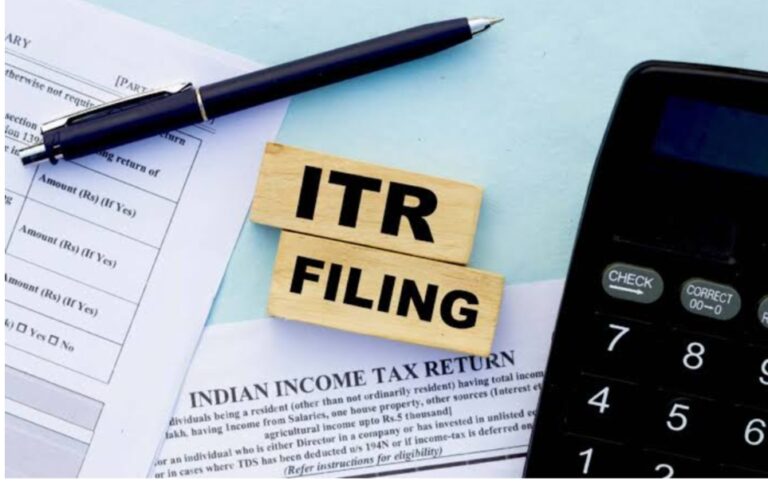Income Tax Return (ITR) Filing
The last date for filing income tax returns (ITR) for the financial year 2023-24 (assessment year 2024-25) is July 31, 2024. If you miss this deadline, you can still file a delayed return until December 31, 2024, but penalties will apply.
Penalty for Missing the Deadline
Filing a delayed ITR after July 31 but before December 31 will incur penalties ranging from ₹1,000 to ₹10,000, depending on the delay duration. Additionally, late filings might result in losing certain tax deductions and facing increased scrutiny from the Income Tax Department.
Mandatory ITR Filing Conditions
You are required to file an ITR if:
- Your total income before deductions exceeds the basic exemption limit.
- You are an Indian resident owning assets or having interests in assets outside India.
- You are an authorized signatory for any foreign account.
- You have investments in foreign shares, bonds, mutual funds, or Employee Stock Options (ESOPs).
- You paid more than ₹1 lakh in electricity bills in the last year.
- You spent over ₹2 lakhs on foreign travel.
- Your bank deposits exceed ₹50 lakh in savings accounts or ₹1 crore in current accounts.
- Your business sales exceed ₹60 lakh.
Correct ITR Forms to Use
The Income Tax Department has released the ITR forms for FY 2023-24. Here’s a guide to choosing the right form:
- ITR 1: For resident individuals with income up to ₹50 lakhs from salary/pension, one house property, and other sources.
- ITR 2: For resident individuals and HUFs with income over ₹50 lakhs from sources covered under ITR 1, capital gains, multiple house properties, foreign income/assets, crypto income (as capital gains), company directorships, and unlisted equity shares.
- ITR 3: For resident individuals and HUFs with income from sources covered under ITR 2, business/profession, crypto income (as business income), and firm partnerships.
- ITR 4: For resident individuals and HUFs with income up to ₹50 lakhs from sources covered under ITR 1, salary/pension, one house property, other sources, and presumptive income.
Required Documents for ITR Filing
Ensure you have the following documents ready before filing your ITR:
- Form 16 (from current and previous employers)
- PAN Card
- Aadhaar Card (PAN-Aadhaar must be linked)
- Investment proofs (bank deposits, PPF deposits, etc.)
- Home loan interest certificate
- Insurance premium payment receipts
By adhering to these guidelines, you can ensure a smooth and timely ITR filing process for FY 2023-24.
Also Read: Essential tips and guidelines for Income Tax Return filing
Also Read: Short-Term Capital Gain on Shares: Categories and Taxability under the Income Tax Act, 1961
Read More
Short-Term Capital Gain on Sale of Shares as per Section 111A of Income Tax
